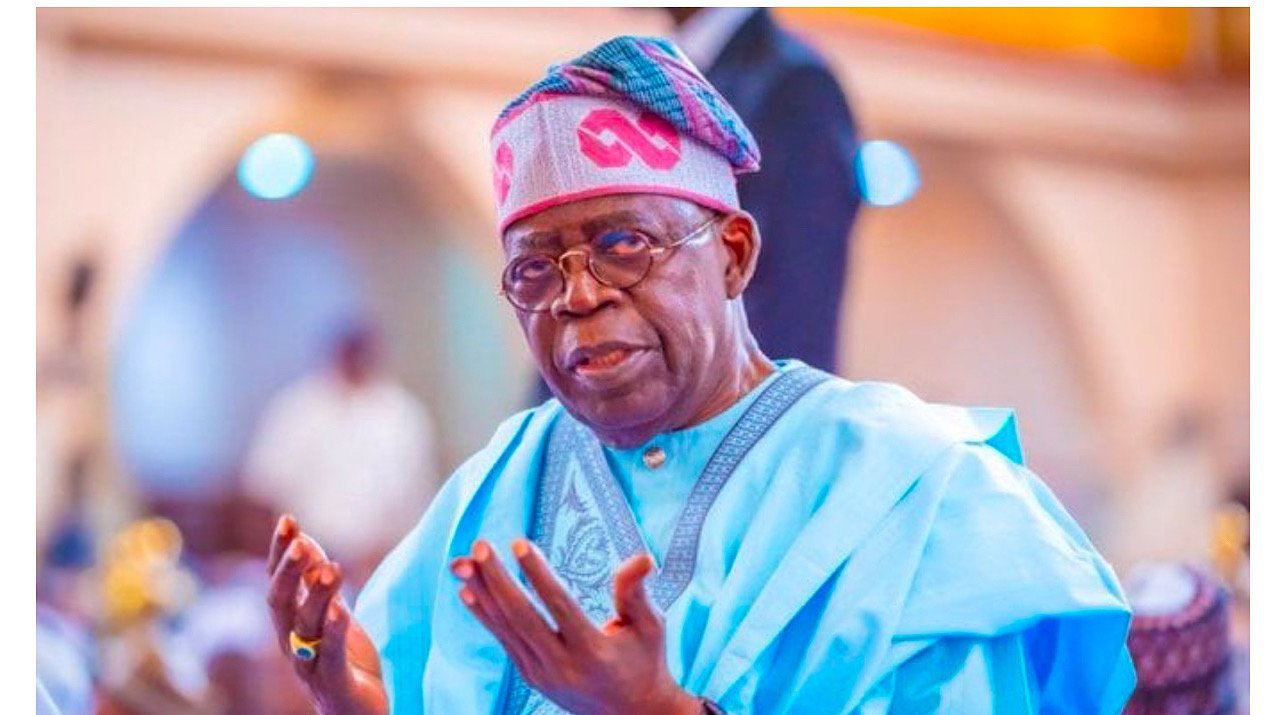
The Acting Chief Justice of Nigeria, Justice Tanko Muhammad, said on Thursday that no human being — living or dead — could influence the judgments of the Supreme Court.
The Director, Press and Information of the Supreme Court, Dr. Festus Akande, quoted the acting CJN as saying this in a statement on Thursday.
Akande had, on April 29, 2019, made similar assertion in a statement debunking a news report which attributed the exit of the former CJN, Justice Walter Onnoghen, to the influence of President Muhammadu Buhari on the administrative decision of the Supreme Court and its management.
He re-stated the independence of the Supreme Court and its justices in a statement quoting the acting the CJN as speaking to the management of the Asset Management Corporation of Nigeria led on a courtesy visit to his office by the corporation’s chairman, Dr. Muiz Banire (SAN), on Thursday.
Justices of the Supreme Court, comprising, justices Olukayode Ariwoola, Kekere-Ekun, Musa Dattijo, Ejembi Eko and Uwani Abba-Aji, were said to have joined the acting CJN in receiving the AMCON management.
According to Akande, Justice Muhammad told his visitors that the Supreme Court Justices were independent-minded and were only answerable to their conscience and God while writing and delivering judgments.
The acting CJN was quoted as saying, “We take our time in taking notes and writing judgments to avoid making mistakes.
“We subject every case before us to intense debates and arguments during our conferences in order to be as dispassionate and objective as possible.
“Let me state clearly that we are not answerable to anybody and can never be intimidated by anybody whatsoever in taking our decisions.
“But for certain, we are only answerable to God Almighty because he is the owner of our lives. No human being, living or dead, can influence the reasoning or judgments of the Supreme Court of Nigeria.
“We are very independent in Supreme Court because of the enormity of the trust and responsibility reposed in us by the almighty God, the Constitution and our dear nation.”
Earlier in his address, the AMCON Chairman, Banire, said the corporation, since its establishment in 2010, had acquired over 120,000 loans from 23 banks totaling N3.8trn.
He added that additional N2.2trn was paid as financial accommodation for the then ailing banks.
“The total current exposure, as of April 30, 2019, is N4.19 trn, with an excess of 7,000 outstanding obligors,” he said.
Banire, however, said that “top 350 obligors” account for 82 per cent of the outstanding loans of N4.19 trn.
He said only the top 100 made up 67 per cent of the outstanding loan.
He was also said to have revealed that top 20 accounts with total current exposure of N1.71 trn made 41 per cent of the N4.19trn total current exposure.
He lamented that a major challenge the corporation was contending with was the delay tactics often employed by the defaulters to frustrate the cases currently pending in various courts across the country
















